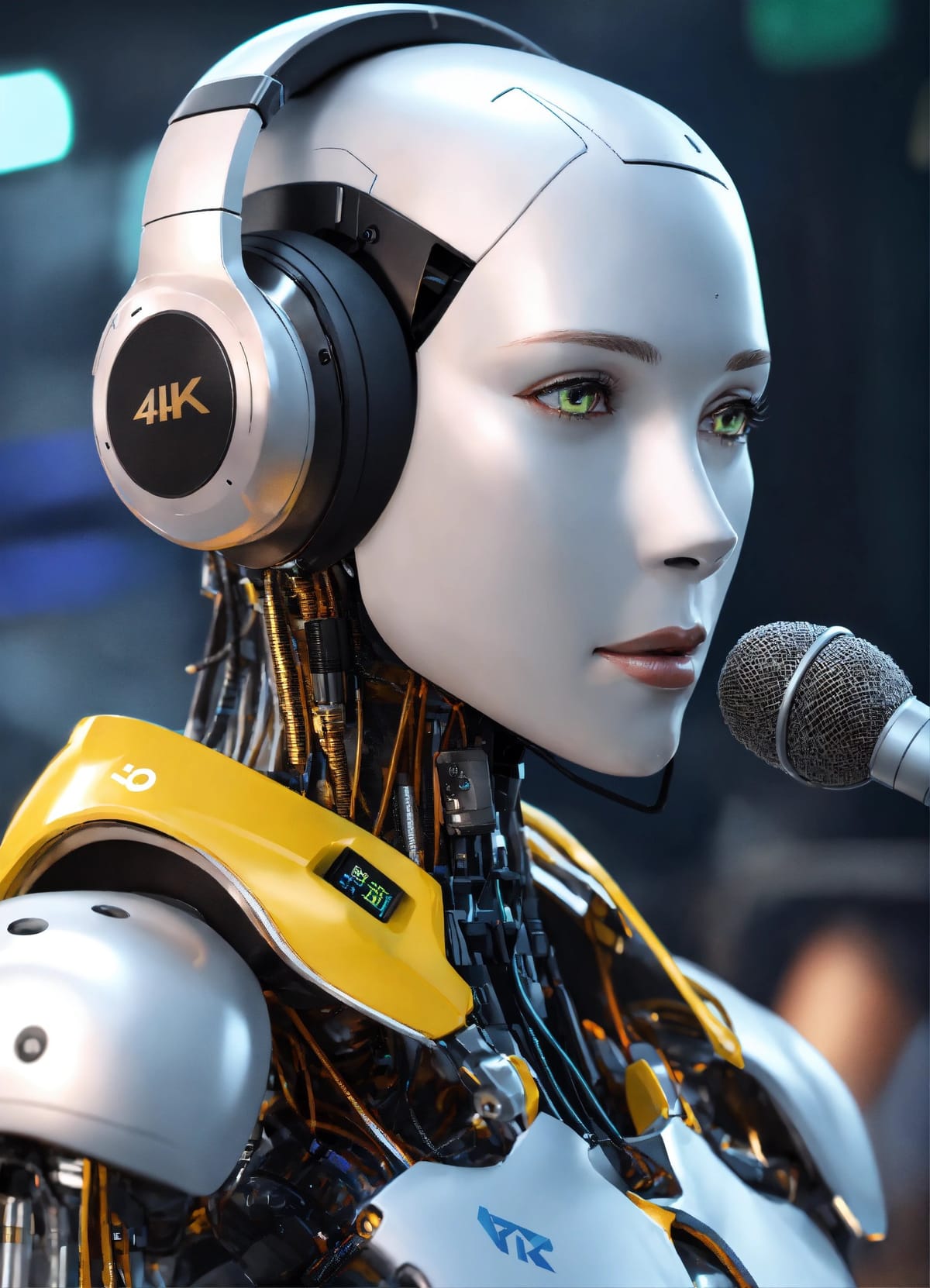Impending Disruption: 270 Million Jobs at Risk as AI Advances by 2024
As we approach the end of 2024, a seismic shift is underway, with an estimated 270 million jobs poised to be affected by the latest wave of AI.





In the ever-evolving landscape of technology, Artificial Intelligence (AI) has emerged as a game-changer, revolutionizing industries and reshaping the job market. As we approach the end of 2024, a seismic shift is underway, with an estimated 270 million jobs poised to be affected by the latest wave of AI.
The relentless march of automation and machine learning technologies has the potential to bring unprecedented efficiency and innovation to various sectors. However, this progress comes at a cost: the displacement of a significant number of jobs across diverse industries.
Manufacturing, customer service, transportation, and even knowledge-based professions are not immune to the transformative power of AI. The very capabilities that make AI systems so powerful – their ability to analyze vast amounts of data, make decisions, and adapt over time – also make them formidable contenders for tasks traditionally performed by humans.
In manufacturing, robots equipped with advanced AI algorithms are increasingly taking over repetitive and labour-intensive tasks, leading to concerns about the future of manual jobs. Customer service, once reliant on human interaction, is now incorporating AI-driven chatbots and virtual assistants that can handle inquiries more efficiently, but at the expense of human employment.
The transportation industry is on the brink of a major overhaul with the development of autonomous vehicles, which could potentially replace millions of jobs currently held by truck drivers, taxi drivers, and delivery personnel. Even professions requiring high levels of expertise, such as law and finance, are not immune, as AI systems demonstrate the ability to analyze legal documents and financial data with remarkable accuracy.
It's important to note that while AI may eliminate certain jobs, it also has the potential to create new ones. The challenge lies in ensuring that the workforce is adequately prepared for the evolving job market. Reskilling and upskilling programs will be crucial in equipping individuals with the skills needed to thrive in an AI-driven world.
Governments, businesses, and educational institutions must collaborate to develop comprehensive strategies that address the potential impact of AI on the job market. Initiatives focused on fostering a culture of lifelong learning, supporting displaced workers, and promoting the development of AI responsibly and ethically are essential components of this strategy.
As the latest wave of AI technology gains momentum, the global workforce faces a period of profound transformation. While challenges are inevitable, proactive and collaborative efforts can help mitigate the negative effects and pave the way for a future where humans and AI work synergistically for the betterment of society.
Connect with Digital Marketing Legend "Srinidhi Ranganathan" on LinkedIn:

Check out these amazing content from Bookspotz and New Bots:



















